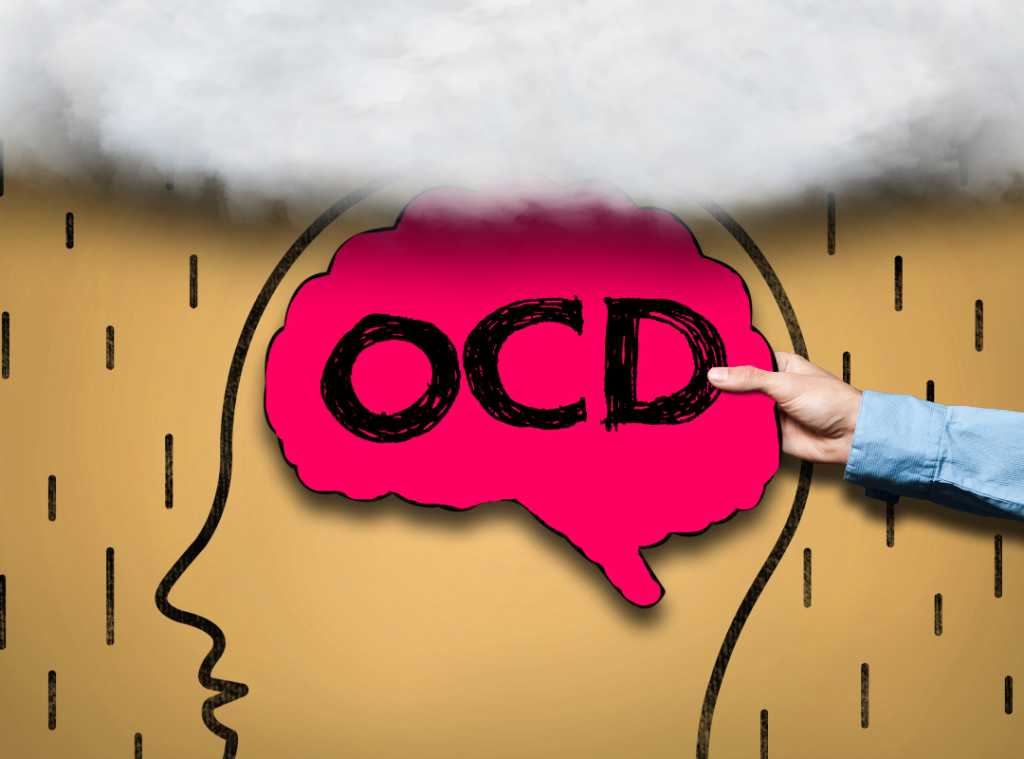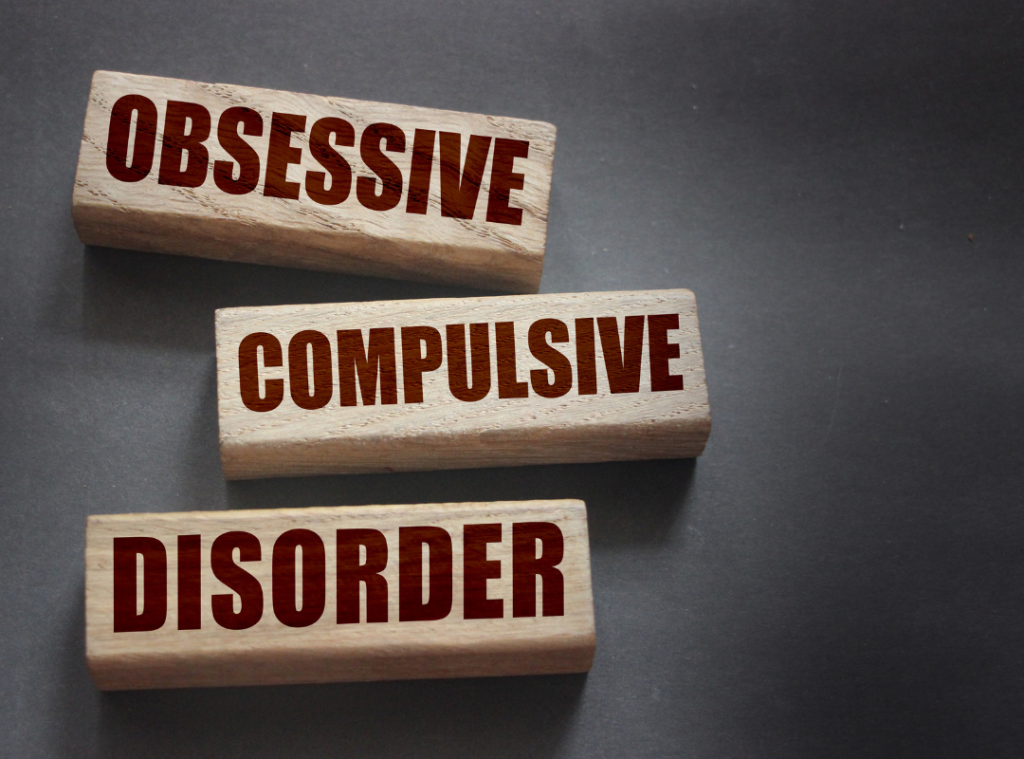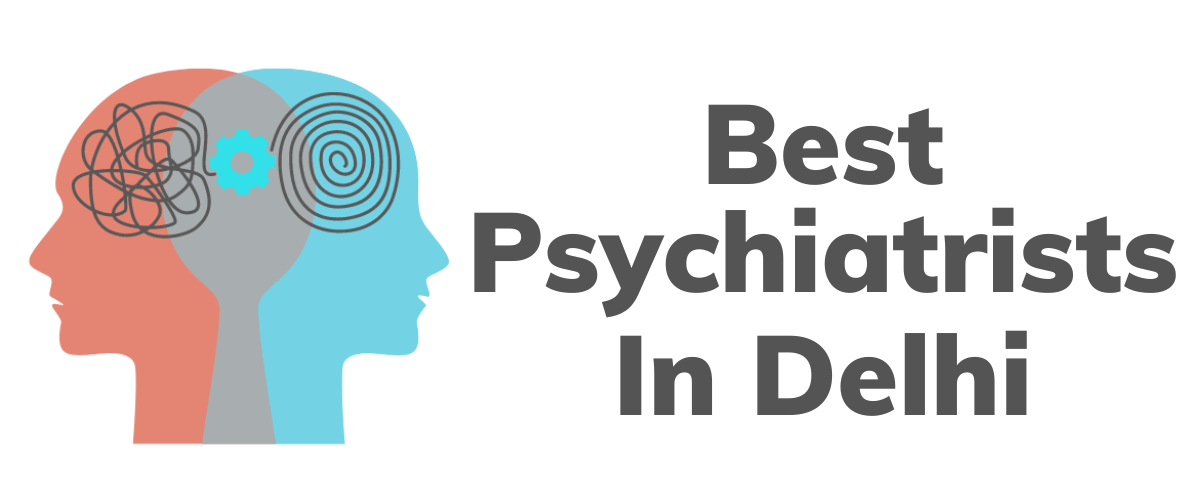Obsessive Compulsive Disorder (OCD) Treatment
Obsessive-Compulsive Disorder (OCD) is a mental health condition characterized by intrusive thoughts (obsessions) and repetitive behaviors or mental acts (compulsions) that individuals feel compelled to perform to reduce anxiety. OCD can significantly affect daily life, but effective treatments are available to help individuals manage their symptoms and improve their quality of life.
1. Cognitive Behavioral Therapy (CBT) for OCD
What is CBT for OCD?: Cognitive Behavioral Therapy is a highly effective form of psychotherapy used to treat OCD. CBT focuses on identifying and challenging irrational thoughts and behaviors, helping individuals learn to manage their compulsions.
Exposure and Response Prevention (ERP): ERP is a specialized type of CBT used for OCD. It involves exposing individuals to the thoughts, images, or situations that trigger their anxiety, while encouraging them to refrain from performing the compulsive behaviors.
- Benefits of CBT for OCD:
- Reduces the need to engage in compulsive behaviors.
- Helps individuals face fears and reduce avoidance.
- Improves overall functioning and quality of life.
- Learn more about Cognitive Behavioral Therapy.
- Benefits of CBT for OCD:
2. Medications for OCD
Selective Serotonin Reuptake Inhibitors (SSRIs): These medications are commonly prescribed to individuals with OCD as they help increase serotonin levels in the brain, reducing anxiety and obsessive thoughts.
- Examples: Fluoxetine (Prozac), Sertraline (Zoloft).
Clomipramine: An older antidepressant that is also effective in treating OCD, particularly for individuals who may not respond to SSRIs.
Antipsychotic Medications: Sometimes used in conjunction with SSRIs or other medications when the OCD symptoms do not respond to standard treatments.
Learn more about OCD medications in this Wikipedia article on OCD.
3. Lifestyle Changes for OCD Management
Mindfulness and Meditation: Incorporating mindfulness practices into daily life can help individuals reduce the anxiety that drives compulsive behaviors. Meditation allows individuals to stay present and reduce rumination on obsessive thoughts.
Regular Exercise: Engaging in regular physical activity can help alleviate stress, improve mood, and reduce anxiety, which in turn helps manage OCD symptoms.
Balanced Diet: Eating a healthy diet that includes nutrient-rich foods can support mental health and overall well-being, reducing stress and promoting emotional balance.
For more on managing OCD You can visit Best Psychiatrist in Delhi, visit the OCD treatment pag
4. Support Groups and Therapy
Support Groups for OCD: Joining an OCD support group provides individuals with the opportunity to connect with others who understand their challenges. These groups foster a sense of community and offer a safe space for individuals to share coping strategies.
Family Therapy: Family therapy can be beneficial for families of individuals with OCD, helping them understand the condition and how they can support their loved ones in managing symptoms.
5. Alternative Therapies
Deep Brain Stimulation (DBS): For individuals with severe OCD that does not respond to traditional treatments, Deep Brain Stimulation may be considered. DBS involves implanting a device that sends electrical impulses to specific areas of the brain to reduce OCD symptoms.
Transcranial Magnetic Stimulation (TMS): TMS is a non-invasive treatment that uses magnetic fields to stimulate nerve cells in the brain. It is sometimes used to treat OCD when other therapies have been ineffective.

OCD Treatment Options in Summary
| Treatment Type | Description | Benefits |
|---|---|---|
| Cognitive Behavioral Therapy (CBT) | Focuses on changing irrational thoughts and behaviors. | Reduces compulsions and obsessive thoughts. |
| Medications (SSRIs, Clomipramine) | Medications like SSRIs and Clomipramine help reduce OCD symptoms. | Reduces anxiety and obsessive thoughts. |
| Mindfulness and Meditation | Practices that reduce anxiety and stress. | Improves emotional balance and reduces compulsions. |
| Support Groups and Therapy | Provides community support and understanding. | Builds coping strategies and reduces isolation. |
| Deep Brain Stimulation (DBS) | A surgical option for severe cases of OCD. | Reduces symptoms in treatment-resistant cases. |
Conclusion
Obsessive-Compulsive Disorder (OCD) can be a challenging condition, but with the right treatment, individuals can manage symptoms and lead fulfilling lives. Treatments such as Cognitive Behavioral Therapy, medications, and lifestyle changes offer relief, while support groups and alternative therapies provide additional avenues for coping. If you or someone you know is struggling with OCD, it is crucial to seek professional help to develop a personalized treatment plan.
Call to Action
For expert guidance on treating OCD, visit Delhi Mind Clinic, where our team of qualified professionals provides comprehensive care for managing OCD symptoms and improving overall quality of life. Contact us today to learn more about our personalized treatment options.

